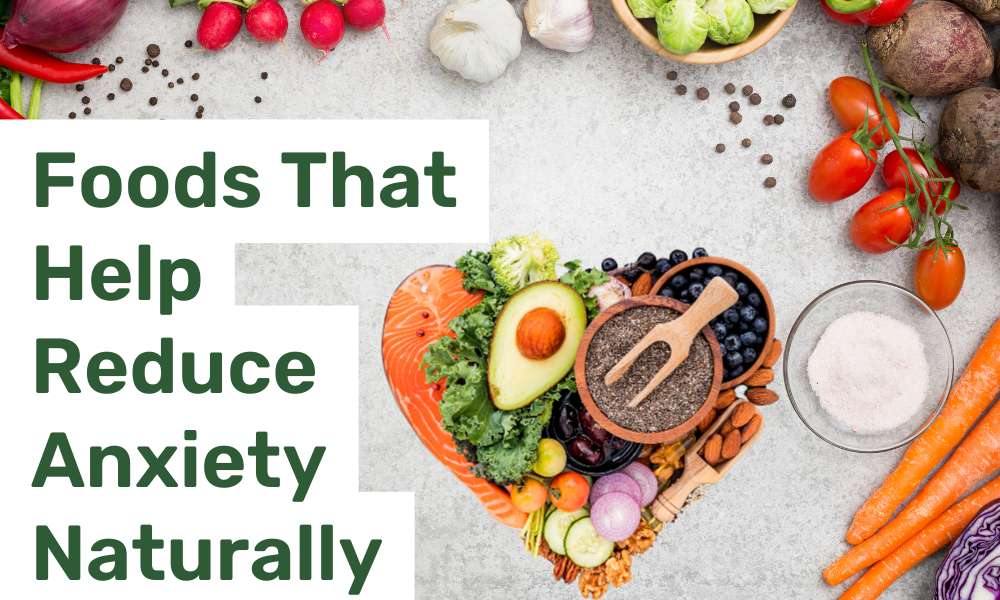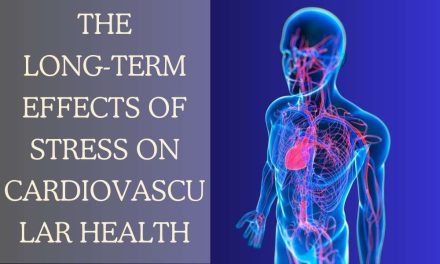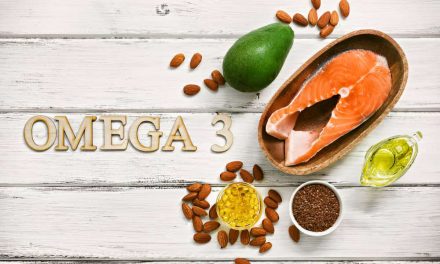Anxiety is a common mental health challenge that affects millions of people worldwide, often disrupting daily life and overall well-being. While therapy and medication are effective treatments, many individuals seek complementary approaches to manage their symptoms. One powerful and accessible strategy is adopting a diet that includes foods that help reduce anxiety naturally. These foods are rich in essential nutrients that support brain health, regulate stress hormones, and promote a calm, balanced mood. By understanding the connection between what we eat and how we feel. We can make thoughtful food choices that enhance emotional resilience and improve overall mental health.
The Connection Between Diet and Anxiety
The relationship among food plan and mental fitness is gaining increasing recognition in medical studies. Nutrients play a pivotal position in mind health and without delay have an impact on mood and emotional well-being. Essential nutrients, minerals, and compounds aid the manufacturing and regulation of neurotransmitters like serotonin and dopamine, that are critical for preserving a stable temper. For example, deficiencies in key nutrients consisting of magnesium, B nutrients, and omega-3 fatty acids are regularly linked to heightened ranges of stress and tension. Consuming a balanced food regimen rich in those vitamins enables creating a solid foundation for mental resilience, decreasing the frequency and severity of tension signs and symptoms. By understanding the connection among weight-reduction plans and tension, individuals could make informed meals picks to guide their mental health obviously.
Foods Rich in Omega-3 Fatty Acids
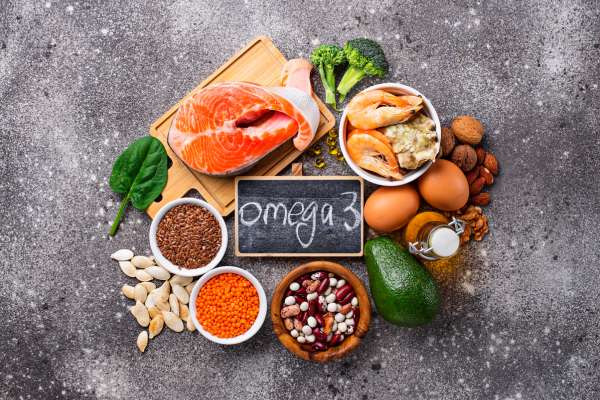
Omega-3 fatty acids are a cornerstone of brain health and are fantastically effective in combating anxiety. Found in meals like salmon, mackerel, walnuts, and chia seeds, those essential fat help mind feature by means of promoting the improvement and restore of mind cells. Omega-3s additionally reduce inflammation within the mind, which has been linked to tension and other mood disorders. Studies advocate that everyday consumption of omega-three-wealthy ingredients can enhance emotional stability and decrease cortisol stages. The hormone associated with stress. Incorporating these ingredients into each day food no longer simplest facilitates lessen tension certainly but also boosts ordinary cognitive function and proper-being.
Magnesium-Rich Foods
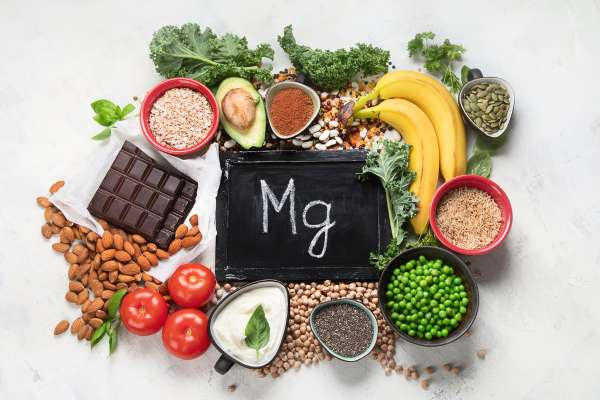
Magnesium is often known as nature’s calming mineral due to its ability to soothe the apprehensive system and adjust pressure. This vital nutrient performs a key position in the frame’s stress reaction by supporting to manipulate cortisol levels and selling relaxation. Foods high in magnesium include leafy greens like spinach and kale, nutrient-dense almonds, creamy avocados, and even dark chocolate, which offers a twin gain of gratifying cravings while calming the mind. A eating regimen considerable in magnesium-wealthy foods can alleviate symptoms of anxiety, beautify sleep exceptionally, and support basic intellectual health by retaining the nervous machine balanced and responsive.
Probiotic Foods for Gut Health
The gut-mind connection underscores the importance of preserving a wholesome digestive machine for foremost mental fitness. Probiotic-wealthy ingredients including yogurt, kefir, sauerkraut, and kimchi contain useful microorganisms that assist intestine health, which in turn affects temper regulation. A healthy intestine microbiome produces neurotransmitters like serotonin, usually referred to as the “feel-top” hormone, which immediately affects emotional well-being. Regularly incorporating these fermented meals into your weight-reduction plan can assist lessen inflammation in the gut and improve verbal exchange between the intestine and brain, resulting in decreased tension tiers and an extra balanced mood.
Vitamin B-Complex Foods
Vitamin B-complex is a group of essential vitamins that play a critical role in energy production, brain function, and the synthesis of neurotransmitters. Deficiencies in these vitamins, particularly B6, B9 (folate), and B12, are often linked to increased anxiety and mood disorders. Foods rich in B-complex vitamins include eggs, fortified cereals, legumes, and lean meats like chicken and turkey. These nutrients work synergistically to regulate the nervous system, enhance resilience to stress, and alleviate anxiety symptoms. Incorporating B-complex-rich foods into your diet ensures a steady supply of energy and emotional balance, promoting overall mental well-being.
Antioxidant-Rich Foods
Oxidative stress, caused by an imbalance of free radicals and antioxidants in the body, has been linked to anxiety and other mental health conditions. Consuming antioxidant-rich foods can help neutralize these free radicals, protecting the brain and reducing inflammation associated with anxiety. Examples of such foods include vibrant berries like blueberries and strawberries, citrus fruits like oranges, nutrient-dense broccoli, and the anti-inflammatory powerhouse turmeric. These foods not only combat oxidative stress but also support brain health by promoting cognitive function and emotional stability, making them a vital part of an anxiety-reducing diet.
Complex Carbohydrates
Complex carbohydrates are an essential component of a diet aimed at reducing anxiety, as they provide a steady source of energy and support the production of serotonin, a neurotransmitter that promotes feelings of well-being. Unlike simple carbs, which can cause rapid spikes and crashes in blood sugar levels, complex carbohydrates such as whole grains, oats, quinoa, and sweet potatoes help stabilize blood sugar, preventing mood swings and irritability. These foods also encourage a sustained release of energy, improving focus and reducing fatigue. Including complex carbohydrates in your daily meals fosters a balanced mood and helps alleviate anxiety symptoms naturally.
Herbal Teas and Natural Calming Drinks
Herbal teas and natural calming drinks are soothing remedies for stress and anxiety. Chamomile tea is renowned for its relaxing properties, helping to ease tension and promote better sleep. Green tea, rich in the amino acid L-theanine, reduces stress and enhances focus without causing jitters, making it a great alternative to caffeinated beverages. Lavender tea is another excellent choice, known for its calming effects on the mind and body. These drinks not only provide hydration but also act as natural stress relievers, making them a simple and effective addition to an anxiety-reducing routine.
Foods to Avoid or Limit
While incorporating anxiety-reducing foods is vital, it’s equally important to avoid or limit foods that can exacerbate anxiety. Caffeine, found in coffee and energy drinks, can increase heart rate and induce jitteriness, mimicking anxiety symptoms. Processed foods and sugary snacks cause blood sugar spikes followed by crashes, leading to mood instability and heightened stress. Alcohol, though initially calming, disrupts sleep and interferes with the body’s ability to manage stress, often worsening anxiety over time. By minimizing these foods, individuals can create a more stable environment for mental and emotional health, complementing the benefits of a nutrient-rich diet.
Practical Tips for Incorporating Anxiety-Reducing Foods
Incorporating anxiety-reducing foods into your diet doesn’t have to be complicated. Start your day with a nutrient-packed breakfast like oatmeal topped with berries and walnuts. For lunch, a quinoa salad with leafy greens, avocado, and grilled salmon is both delicious and anxiety-reducing. Snack on yogurt with a sprinkle of chia seeds or a piece of dark chocolate with almonds. For dinner, enjoy a lean protein like turkey with a side of sweet potatoes and steamed broccoli. Consistency is key—making these foods a regular part of your diet ensures their cumulative benefits on your mental health. Meal planning and preparation can help maintain these habits, making it easier to support emotional well-being through food.
Read more: The Role of GABA in Reducing Anxiety Naturally
Conclusion
Managing anxiety is a multifaceted journey that benefits greatly from a holistic approach, including dietary choices. By incorporating foods that help reduce anxiety naturally into your meals. You can nourish your body and mind with the essential nutrients needed to promote calmness and emotional balance. Omega-3-rich foods, magnesium-packed options, probiotics, and antioxidant-rich ingredients work together to support brain health and reduce stress. Pairing these foods with consistent healthy eating habits can significantly improve mental well-being. Small, intentional changes to your diet can make a meaningful difference in managing anxiety and fostering a more peaceful, resilient mindset.

